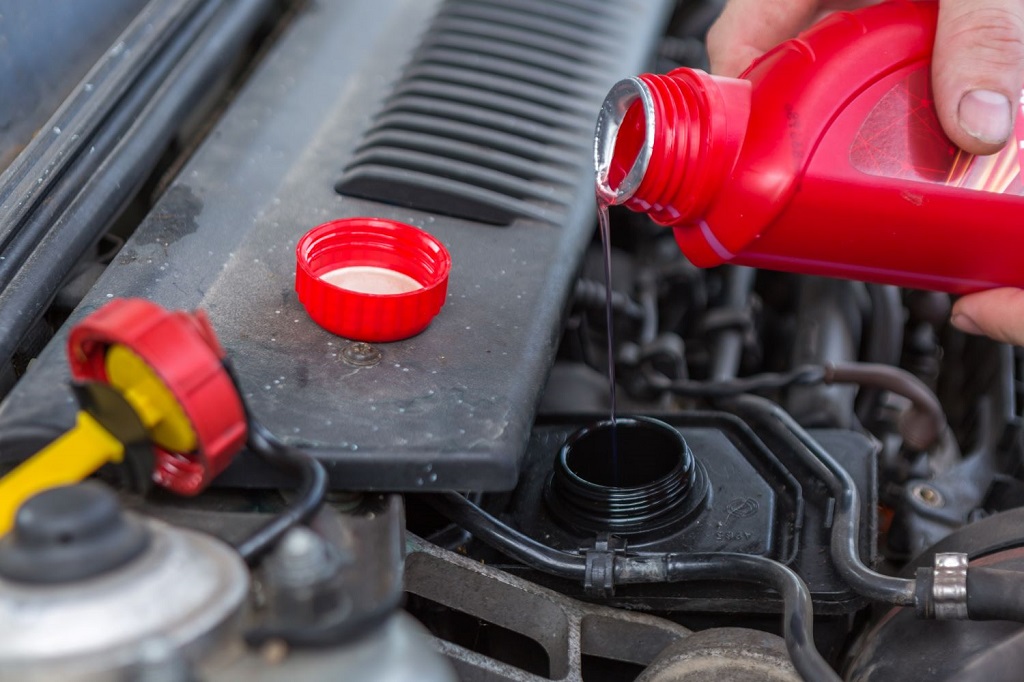
Don’t Steer Wrong: How Often to Change Power Steering Fluid
Your car’s steering wheel feels effortless, a smooth symphony of mechanical precision. But behind the scenes, a crucial fluid plays a vital role – power steering fluid. This essential lubricant ensures smooth and responsive steering, minimizing the effort needed to turn the wheel. But how often does this power steering fluid need changing? This article delves into the world of power steering fluid, exploring its function, signs indicating it needs replacing, and best practices for maintaining optimal steering performance.
Understanding Power Steering Fluid: The Silent Hero
A power steering fluid is a hydraulic fluid that transmits the force you exert on the steering wheel to the car’s wheels. Here’s a breakdown of its key functions:
- Lubrication: It reduces friction between moving parts in the power steering system, ensuring smooth operation.
- Pressure Transfer: The fluid transmits the force from the steering wheel to the power steering pump, which generates hydraulic pressure. This pressure amplifies your steering input, allowing you to effortlessly turn the wheel.
- Corrosion Protection: The fluid helps prevent rust and corrosion within the power steering system components.
How Often Should You Change the Power Steering Fluid? Myths and Facts
There’s no one-size-fits-all answer to how often you need to change your power steering fluid. Here’s a breakdown of factors influencing replacement frequency:
- Manufacturer Recommendations: Consult your car’s owner’s manual for the manufacturer’s recommended service interval for power steering fluid changes. This interval can vary depending on the make, model, and driving conditions.
- Driving Habits: Severe driving conditions, like frequent stop-and-go traffic or towing heavy loads, can put extra stress on the power steering system and potentially shorten the fluid’s lifespan.
- Fluid Condition: Regularly checking the power steering fluid level and condition can provide valuable insights. Discolored, dirty, or burnt-smelling fluid indicates a need for replacement.
Debunking Myths:
- Lifetime Fluid: While some car manufacturers advertise “lifetime” power steering fluid, it doesn’t mean the fluid lasts forever. Even “lifetime” fluids degrade over time and with use.
- Neglecting It Until Problems Arise: Ignoring power steering fluid changes can lead to costly repairs down the line. Regular maintenance is key to maintaining optimal performance and preventing system failures.
Signs Your Power Steering Fluid Needs Attention:
Several telltale signs indicate your power steering fluid needs changing:
- Steering Difficulty: If you experience increased effort required to turn the steering wheel, especially at low speeds, it might be a sign of degraded or low-power steering fluid.
- Whining or Groaning Noises: When turning the wheel, strange noises emanating from the steering system could point to a lack of lubrication due to worn-out fluid.
- Vibrations: Feeling vibrations in the steering wheel while turning can indicate air trapped within the power steering system, which might necessitate a fluid flush to remove the air and restore proper operation.
- Leaking Fluid: Leaks around the steering components can signify worn seals or loose connections. Address leaks promptly to prevent further damage and maintain proper fluid levels.
Maintaining Optimal Steering Performance:
Here are some tips to keep your power steering system in top shape:
- Regularly Check Fluid Level and Condition: Consult your owner’s manual for instructions on checking the power steering fluid level and condition. If the fluid level is low, top it up with the recommended type of fluid for your car.
- Follow Manufacturer’s Recommendations: Refer to your car’s owner’s manual for the recommended service interval for power steering fluid changes and stick to the schedule for optimal performance and longevity.
- DIY or Professional Service: Changing the power steering fluid can be a DIY project for mechanically inclined individuals. However, if you’re unsure, consider seeking professional service from a qualified mechanic.
Related: The Creaky Conundrum: Unveiling The Mystery Behind A Noisy Steering Wheel
The Bottom Line: Preventive Maintenance Pays Off
Regularly monitoring and maintaining your power steering fluid is a crucial aspect of preventive car maintenance. By understanding the function of power steering fluid, following manufacturer recommendations, and addressing any warning signs promptly, you can ensure smooth and responsive steering for a safe and enjoyable driving experience. Remember, a little preventative maintenance goes a long way in avoiding costly repairs and ensuring the silent hero behind your effortless steering keeps performing its job flawlessly.




